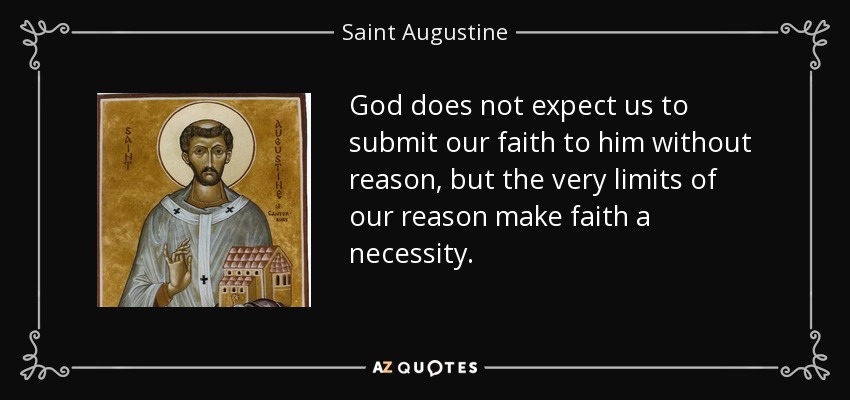"And if Christ has not been raised, then our preaching is in vain and your faith is in vain." --1 Corinthians 15
Recently, I started a thread that was just asking for non-Christian perspectives on the Crucifixion. The responses were interesting, and among them was multiple mentions of the Resurrection. So, here we go!

The first Christian doctrine is the idea that Jesus rose from the dead. For the last 2,000 years, this has been a source of controversy, from the doubting Apostles to many of our fellow forum-users here. Many Christian beliefs really come down to a matter of faith; explanations may be offered for the Trinity, for Christ's dual God-Man nature, for the souls in Purgatory (and for the notion of a soul at all!), yet they ultimately come down to a matter of faith.


